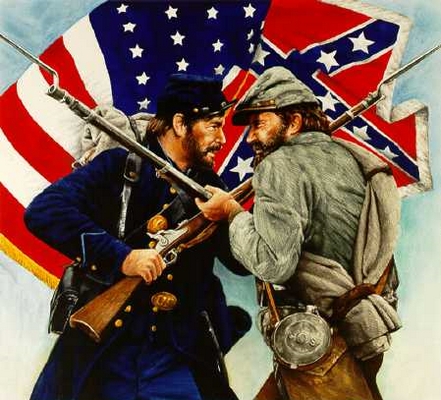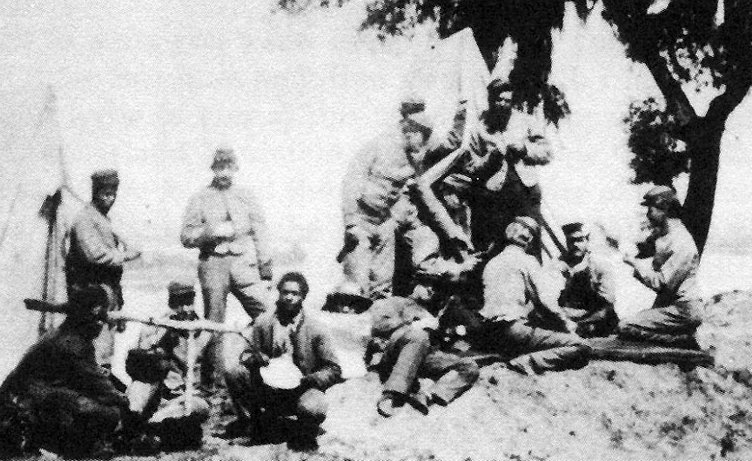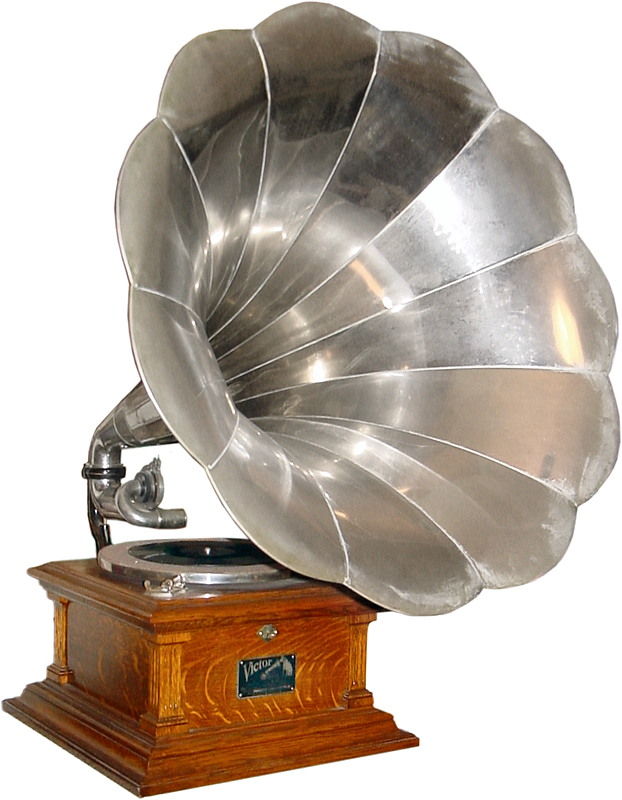For my music term scavenger hunt, I decided to look up ragtime music. First, I went to google ngram to take a look at around the time the term started being used.

I noted that using the term ragtime showed a sudden surge right around the turn of the century. When I started googling ragtime just to see in general what information I could find, I decided to search for the work “rag-time” as well since that term seemed to be more of the period.
For fun I decided to add creole in the list, since I think of Louisiana and New Orleans with the term. I also added swing music because in an article I was reading, it said ragtime fell out of favor for swing music, which looks to be the case according to the chart.
I then added ragged music since that was also the term used, but it doesn’t seem to show up any earlier on here than ragtime. Even trying to look up that word proved difficult, so I just stuck with rag-time.
After quickly checking out google books and not finding much, I went to the Library of Congress. After searching ragtime and rag-time, the earliest known instance I could find was the Kansas City Daily Journal on December 21st 1896. I included the article below.

It came from an entertainment section on Music and Drama. The article uses the term, “The illustration of ‘rag-time music’ by Ben R. Harney claims to reveal the principles of native American music, as expressed through the negro.” I thought that was an interesting way to described ragtime music. When the encyclopedia of Britannica says,
“Ragtime, propulsively syncopated musical style, one forerunner of jazz and the predominant style of American popular music from about 1899 to 1917. Ragtime evolved in the playing of honky-tonk pianists along the Mississippi and Missouri rivers in the last decades of the 19th century. It was influenced by minstrel-show songs, blacks’ banjo styles, and syncopated (off-beat) dance rhythms of the cakewalk, and also elements of European music.”
I guess that’s just an example of the product of the times.

I also found what seems to be the earliest use of the term in a advertisement for a show. In the paper The Sun on August 29th, 1897. They had Ben Harney advertised as a ragtime pianist. I thought that was pretty interesting.
I then looked up ragtime music as a general term online to get more info, I found that it was popular during the mid to late 1890’s. Yet, I was only finding stuff in late 1986 which is almost the late 1890’s. That seemed odd. I decided to look up artists to see if maybe I could find instances of them earlier than that. Google search lead to to figure out that Ben Harney was actually the earliest I could seem to find, at least, who was famous. (Although Scott Joplin did apparently play at the World’s Fair in 1893 but I can’t find a piece of physical proof from the time of his playing and what the music was considered.) This lead me to believe that the circle of people who listened to Ragtime music when it was getting popular were probably poorer folk. That seems to be the most likely explanation as to why there is no earlier instance of the word use I could find.
When I went searching further, the Kalamazoo Library website said that the first ragtime songs were cakewalk music and “coon songs,” and obviously terrible term. So, ragtime music probably went by other terms for a bit more 1896.















